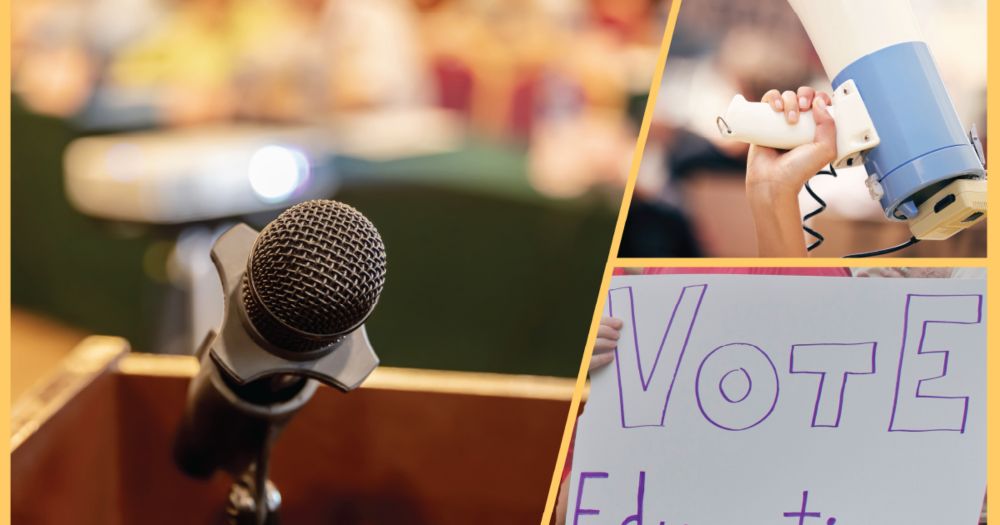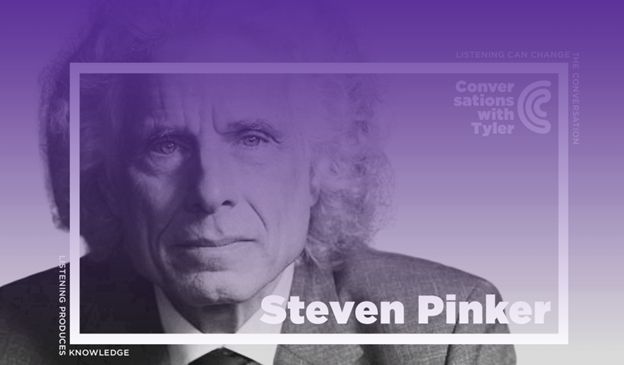Michael Petrilli
@michaelpetrilli.bsky.social
190 followers
300 following
100 posts
President of the Fordham Institute, executive editor of Education Next, proud father.
Posts
Media
Videos
Starter Packs
Reposted by Michael Petrilli
Reposted by Michael Petrilli
Reposted by Michael Petrilli
Reposted by Michael Petrilli










